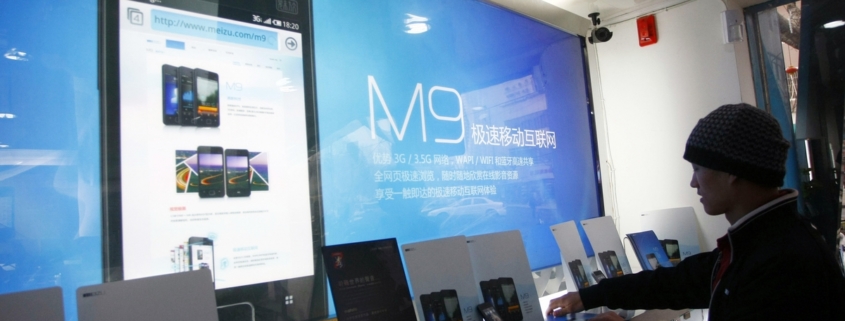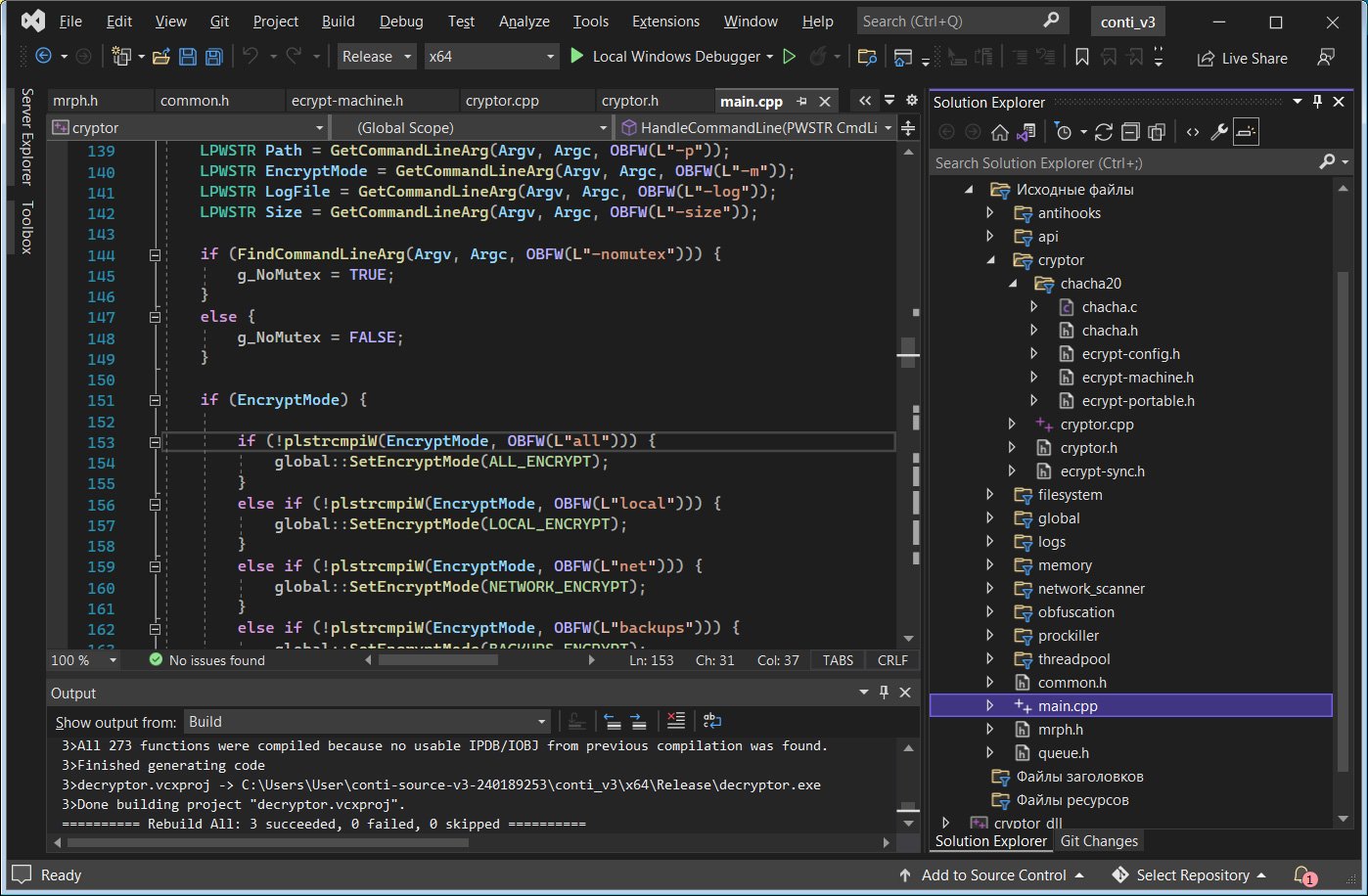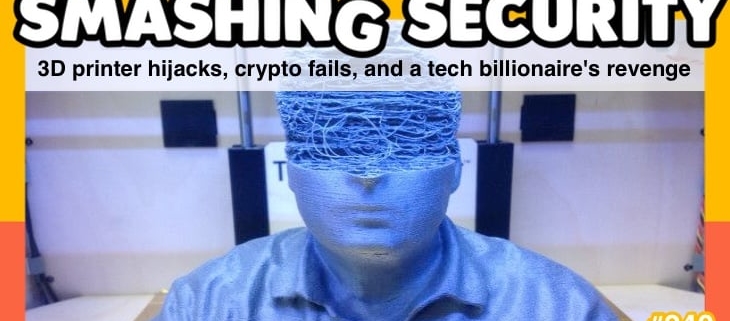Former revenge porn extortionist and current pro se litigant, Craig Brittain, is one severely-narrowed complaint away from having his lawsuit against Twitter tossed. Brittain sued Twitter over the deletion of several accounts, including those he had whipped up for his Senate run.
The court’s first pass at the lawsuit moved it to California, a venue shift Brittain explicitly agreed to each time he created another alt account. Terms of service say suing Twitter means suing in California, even if you’re an Arizonan Senate hopeful with a closet that contains nothing but skeletons.
Contrary to Brittain’s fervent and litigious belief, there’s nothing illegal about deleting Craig Brittain’s multiple Twitter accounts. Brittain’s lawsuit tried to make it possible by treating Twitter as both a provider and a publisher, depending of which description worked out better for his arguments. The court decides to let Brittain have it both ways — and lose both ways. (h/t Adam Steinbaugh)
As a service provider, Twitter cannot be held liable for third party content. It can also remove accounts without losing this immunity. Since this isn’t about the removal of content, but rather the removal of accounts, Brittain tried to argue Section 230 immunity can’t protect Twitter from this lawsuit because removing accounts (and their content) is an editorial activity. The court points out this has zero effect on Section 230 protections. From the decision [PDF]:
Under the CDA, a publisher’s activity generally “involves reviewing, editing, and deciding whether to publish or to withdraw from publication third-party content.” Id. at 1102. “[R]emoving content is something publishers do, and to impose liability on the basis of such conduct necessarily involves treating the liable party as a publisher of the content it failed to remove.” Id. at 1103. In other words, “any activity that can be boiled down to deciding whether to exclude material that third parties seek to post online is perforce immune under [CDA] section 230.” Fair Hous. Council of San Fernando Valley v. Roommates.com, LLC, 521 F.3d 1157, 1170–71 (9th Cir. 2008) (en banc).
Publisher or provider, it doesn’t matter. Suing a social media site for deleting accounts is a non-starter.
The Brittain Accounts qualify as “information provided by another information content provider.” Brittain expressly acknowledges that he, not Twitter, created and operated the accounts See Barnes, 570 F.3d at 1102 & n.6 (“The statute also tells us that this term ‘means any person or entity that is responsible, in whole or in part, for the creation or development of information provided through the Internet or any other interactive computer service.’”) (quoting 47 U.S.C. § 230(f)(3)). Accordingly, the Court finds that all but Brittain’s antitrust claim are barred by Section 230(c)(1) of the CDA. Because plaintiff cannot cure this defect, the Court DISMISSES these claims with prejudice.
All Brittain can do now is file a complaint limited to the anti-trust violations he alleges. But the court’s brief analysis of the single surviving claim suggests this will be a waste of everyone’s time. The court says it’s unlikely Brittain can even prove standing, since his claim is pretty much limited to him losing followers when his accounts were suspended or deleted. Brittain’s lawsuit doesn’t actually allege Twitter did anything illegal in terms of competitive practices.
Although Brittain’s complaint does not suggest that plaintiffs could allege an antitrust cause of action, out of an abundance of caution, the Court affords Brittain leave to amend with respect to this claim and DISMISSES Brittain’s antitrust claim without prejudice.
[…]
While the Court can understand the frustration which may occur if a person’s Twitter account is suspended, unless a legal cause of action can be articulated, a lawsuit cannot be sustained. Nor is the person entitled to discovery on the general issues upon which the complaint is based, unless a legal claim can be stated. Here, the complaint is fundamentally flawed.
The court also points out Brittain can’t sue on behalf of his Brittain For Senate campaign committee. This committee of one must seek its own legal representation, which cannot be a pro se litigant named Craig Brittain. This seems unlikely to happen, so this additional will be removed from a lawsuit the only plaintiff remaining (Craig Brittain) is destined to lose.
Yeah, it sucks when a platform decides it no longer wants your free business. But it’s not illegal, no matter how many of your hastily-erected Senate campaign committee Twitter accounts are removed by a private company.
Permalink | Comments | Email This Story
Techdirt.






